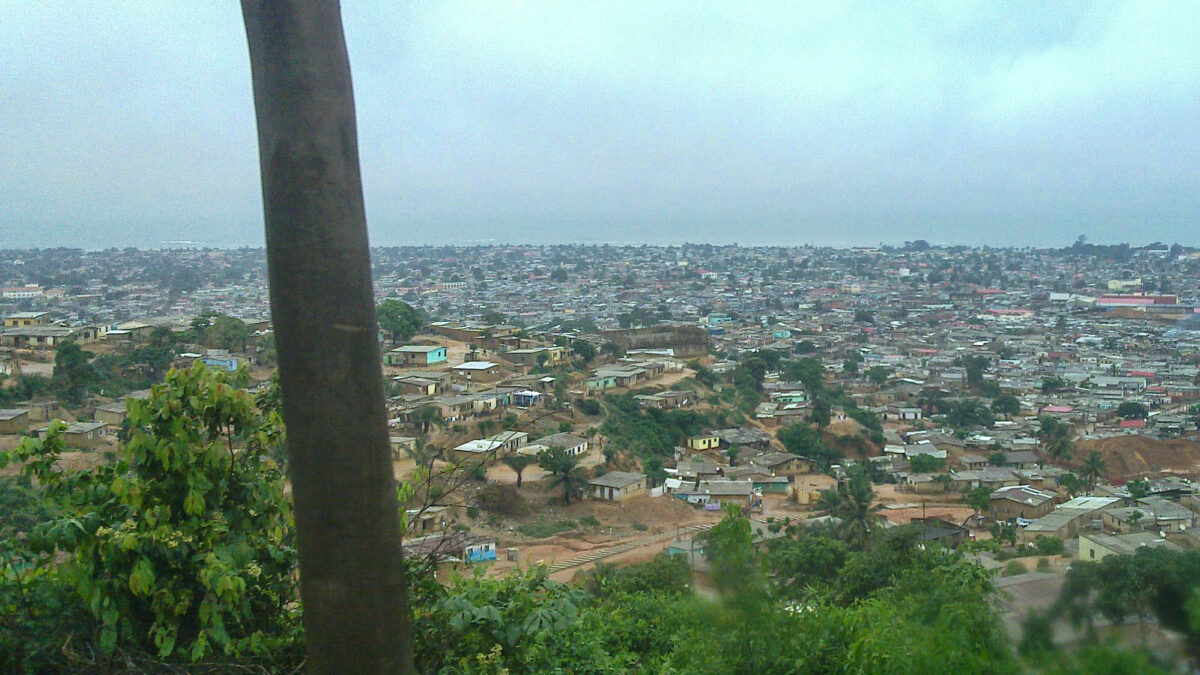NECUTO REGION, ANGOLA – How many groups keen at some form of ‘independence’ resort to terrorism?
How many parts of our little blue planet are beset by arguments over territory?
You would think that after 10,000 or so years of ‘civilisation’ that we humans would have figured out how to live together better. And yet we have clearly not done so – the latest Russian invasion of Ukraine is a case in point. We still use military might to (try to) get what we cannot achieve via dialogue.
In some cases, grievances (real or perceived) drive people to try to right historic wrongs through the use of violence. These people often form groups – some call them ‘militants‘ where others more accurately label them ‘terrorists‘ – that seek to gain autonomy or independence for their ‘homeland‘. Let’s not mince words here. It IS terrorism – the use of violence for political or ideological goals – regardless of how ‘right’ their cause is.
The history of such independence movements is often complicated and made even more so by conflicting – and competing – stories. For illustrative purposes take Angola. The former Portuguese colony has had its own share of post-freedom travails, most notably a quarter-century (1975-2002) civil war between the People’s Movement for the Liberation of Angola (MPLA) and the National Union for the Total Independence of Angola (UNITA) – um, didn’t both groups want the same thing??
Then there’s the the Armed Force of Cabinda (FAC), the militant wing of the separatist Cabinda State Liberation Front (FLEC), fighting for the independence FROM Angola for the Cabinda region, separated from the majority of Angola by a slim part of neighbouring Democratic Republic of Congo (DRC).
On this day in 2018
The FAC claimed responsibility for the killing of four Angolan Armed Forces (FAA) soldiers in the Necuto region of Cabinda. The group also stated that it was still willing to hold talks with the government to end the conflict in Cabinda.
Cabinda exists as a reality and is historically and geographically different from Angola.
Congolese President Henry Lopes in July 1975
Another region, another war, another terrorist cause. You’d think we would have learned by now, no? Nope!
Read More Today in Terrorism
May 31, 1906: Spanish anarchist bombs royal wedding
On May 31, 1906 a Spanish anarchist threw a bomb hoping to hit King Alfonso XIII, killing 24 and wounding more than 100.
May 30, 2009: Anti-government group bombs TV station in Ecuador
On May 30, 2009 two pamphlet-bombs exploded outside an Ecuadorian TV station and ministry: no victims or significant damage ensued.
May 29, 2016: ISIS uses chlorine gas in terrorist attack
On May 29, 2016 35 civilians were wounded in an ISIS attack using rockets containing chlorine gas in Iraq’s Nineveh Province.

